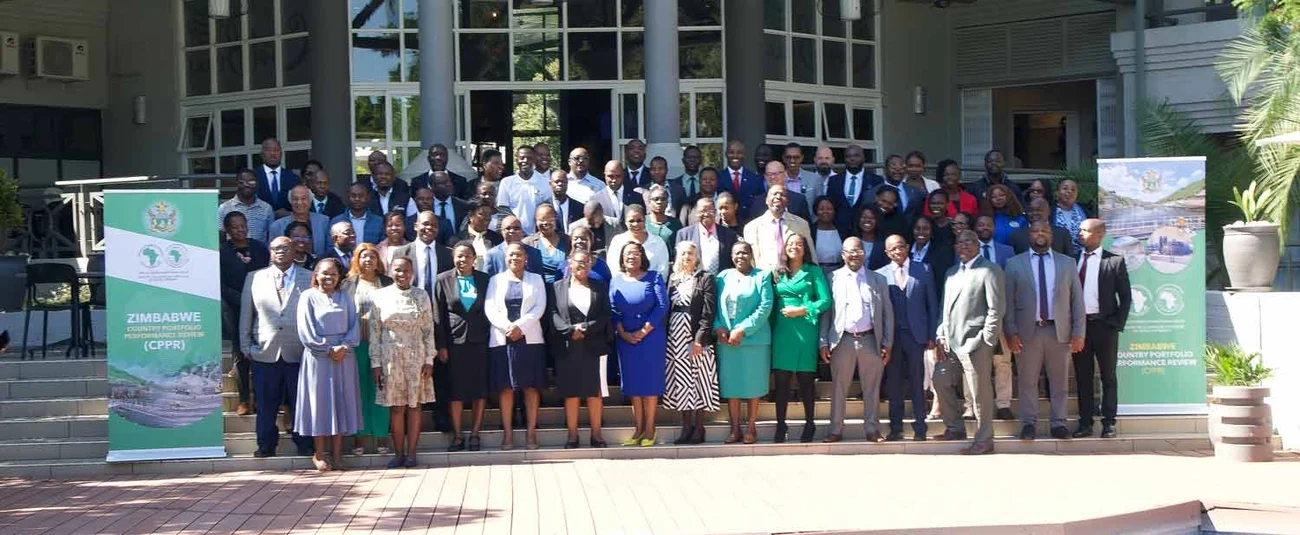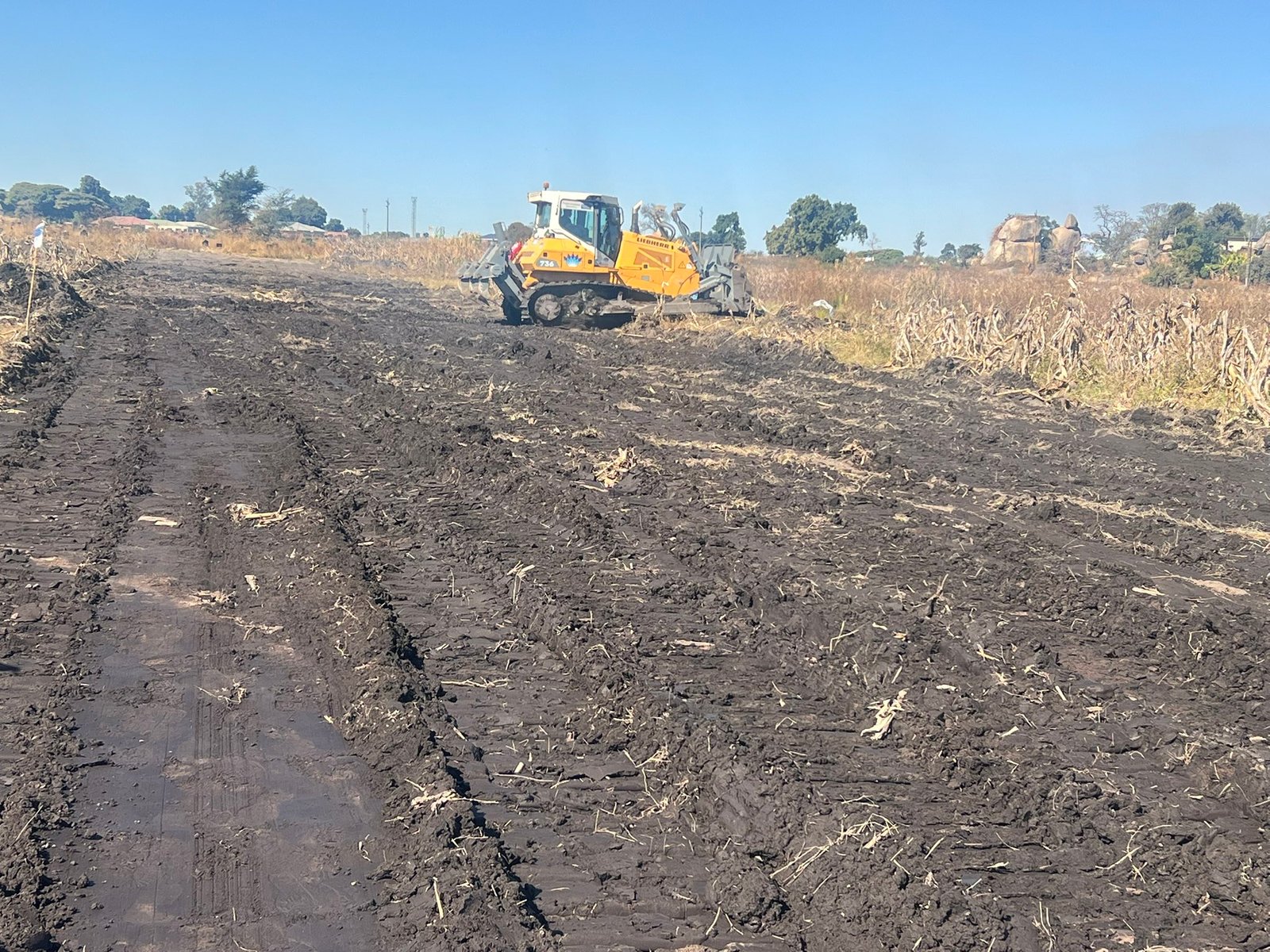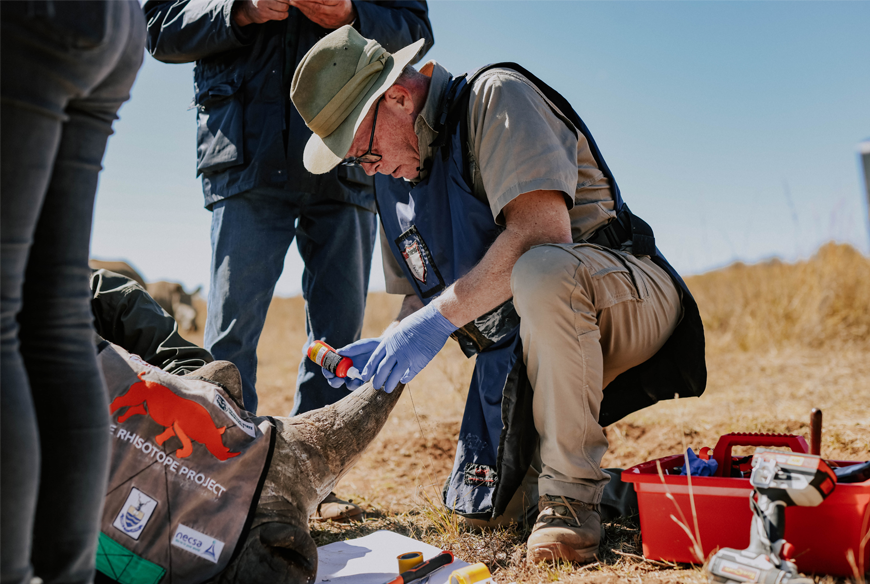The African Development Bank (AfDB) and the Zimbabwean government have completed a review of the country’s $137 million development portfolio, outlining plans to improve project delivery and support inclusive economic growth.
The two-day Country Portfolio Performance Review (CPPR) workshop, held recently in Harare, was the first under the AfDB’s 2024 to 2026 Country Brief. It brought together government officials, development partners, and private sector representatives.
“This CPPR workshop is more than just an evaluation, it is a platform to co-create solutions, share knowledge, and build a collective vision for impact,” said Belinda Chesire, Country Programme Officer for the Bank, delivering remarks on behalf of Country Manager Moono Mupotola.
“As we move toward 2025 and beyond, let’s commit to excellence, innovation, and alignment with Zimbabwe’s bold aspirations.”
The current AfDB portfolio in Zimbabwe includes projects in governance, social development, agriculture, energy and emergency response. The bank has also mobilised more than $40 million for private sector development, mainly through credit lines and trade finance for small and medium-sized enterprises.
Government officials reaffirmed their commitment to the portfolio, linking it to Zimbabwe’s broader development strategy.
“The Zimbabwe Country Brief (2024–2026) speaks directly to our development blueprint, the National Development Strategy 1, NSD1 (2021-2025) by prioritizing governance, accountability, and private sector growth. As we prepare for NDS2, these investments will be key to realizing our Vision 2030,” said Acting Chief Director in the Ministry of Finance, Economic Development and Investment Promotion, Mrs Makuwaza.
A new Country Portfolio Improvement Plan will be developed following the workshop. It aims to enhance project implementation and accelerate disbursements. The plan is expected to be approved jointly by the AfDB’s Board Committee on Development Effectiveness and the Zimbabwean government.
The review also highlighted the bank’s role in supporting Zimbabwe’s debt resolution efforts and governance reforms, including improvements in public financial management and tax administration.
Zimbabwe continues to benefit from AfDB-managed trust funds, including the Sustainable Energy Fund for Africa, which is financing renewable energy initiatives such as solar feasibility studies at Kariba. Other funds include the Fund for Energy Inclusion and the Affirmative Finance Action for Women in Africa (AFAWA).
The CPPR reinforced a shared commitment to driving inclusive and sustainable growth in Zimbabwe through stronger partnerships and targeted investment.





